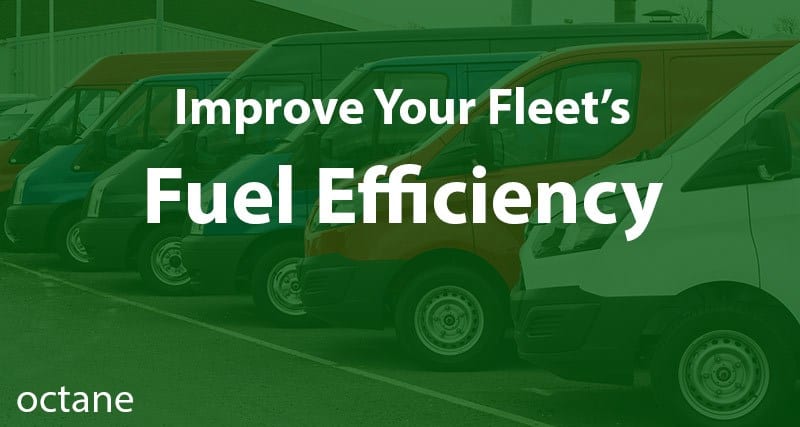
You don’t need me to tell you fuel prices are set to rocket. A weak pound, Brexit and inflation have all contributed to rising fuel prices. Diesel and petrol costs rose by 3.4% in 2016, despite dropping by 2% the year before. Although prices have been higher in the past, if this year’s hike is anything to go by, we’re looking at the highest price rises ever.
The current price of diesel sits at an uncomfortable average of 122.5 per litre. With more rises likely and mounting uncertainty about sterling’s performance when the government triggers article 50, there’s never been a better time to talk about fuel efficiency and fuel management.
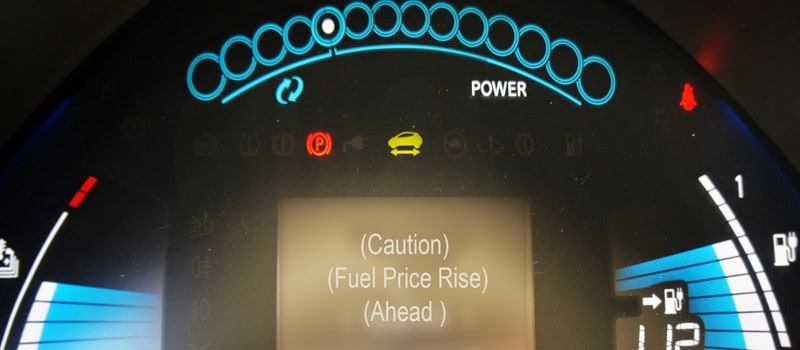
To get the proverbial ball rolling we held a quick brainstorm in the office and we’ve come up with 5 ways to improve your fuel efficiency.
Keeping your fleet well maintained should be an essential part of any operation. If your maintenance is done in house then adding some basic fuel efficiency points to your daily vehicle checks is a good start. Otherwise, it might be an idea to make sure that whoever looks after your fleet, knows how you feel about your fuel management.
Simple things like using the correct tyre pressure and ensuring your vehicles are well oiled, can make a dramatic difference when it comes to fuel consumption.
A well-maintained fleet will also provide other obvious benefits like lowering repair costs and reducing the likelihood of breakdowns. The upshot of which adds up to keeping costs down and efficiency up.
Don’t forget to keep track of any vehicle defects reported by your drivers and follow up each and every report. That annoying whirring noise could already be costing you money. If in doubt, check it out… at least that’s what my Nan always said.
One way to make sure you’re burning as much cash as possible is to use any old vehicle regardless of whether it's fit for purpose.
If your fleet has a variety of vehicles, it’s never been more important to make sure you assign the right one for the job. There's no point in sending out a 13.6 mtr trailer if you can accomplish the task with a Luton.
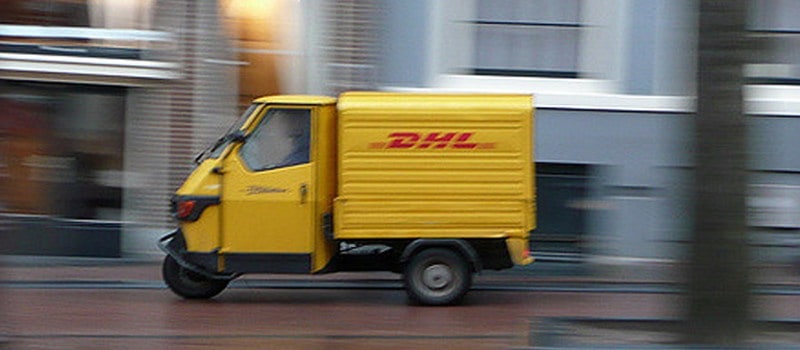
It may also be worth carrying out regular inventories of your vehicles. In a previous role of mine, we had this one lorry with a sack truck that was so dusty you could barely see it. It just sat in the back of the trailer and since 99% of the depots had their own equipment, it just lay there unused. I think it was the most travelled lump of dead weight I’ve ever seen.
Ask yourself, will you really need the forklift or pallet truck on the next trip or are you just taking it along for the ride? Carrying unnecessary weight is going to cost you money. A little planning is all you need to start saving.
Be very wary of using grey fleet vehicles. Allowing your drivers to use their own cars and vans is very much a practice in decline. However, if you have no other options then at least ensure that grey fleet fuel is properly monitored. It's one thing for a driver to save your skin on a last minute Friday sprint down the M40, it's quite another paying for the family trip through Provence.
This being the 21st century, there are numerous hi-tech solutions to help monitor and maintain your own fuel management.
These data driven systems can help you keep your fleet’s fuel costs down by comparing different factors. From spotting inefficient vehicles, highlighting potential fuel theft and giving you a better understanding of how your fleet is using its fuel, fuel management systems are an obvious first port of call for anyone looking for more money to stuff under the mattress.
Once you have a fuel management system in place, act on it. Data is powerful, but only if you take the time and initiative to use it. Look at the numbers and spot the trends. There’s no point in knowing if truck A is using more fuel on the same route as truck B unless you're planning to do something about it.
Fuel management solutions virtually eliminate human error. It's one thing to make assumptions about where your fuel is going, but a fuel management scheme can deliver much needed clarity. Fuel costs equate to such a sizeable chunk of your operating costs that you can't afford to be guesstimating when it comes to the numbers.
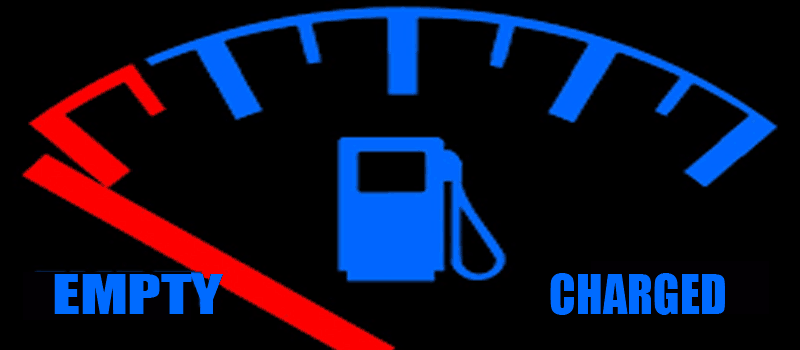
One way to make the most of your fuel efficiency is to ensure your drivers understand the term. From driving responsibly to the correct use of pumps there are a number of important skills which drivers can learn to help them improve your fuel consumption.
Providing your drivers with additional training can not only improve fuel efficiency and lower your emissions, it can also save you money in other areas. Drivers who have undertaken additional eco-driving or fuel efficiency training, are less likely to cause accidents and will keep your insurance and associated costs down. They are also less likely to damage your vehicles as a result of their driving and will reduce the general wear and tear on your fleet.
Tests have proven that eco-driving and similar advanced driving courses can improve your fuel consumption by as much as 15%. With the growing rise in interest for all things green and sustainable, investing in specialist eco driver training is also going to make your company look attractive when it comes to tenders.
There are now viable alternatives to petrol and diesel and many of these are beginning to find their footing on the forecourts. From Biodiesel to Liquid Petroleum Gas, these low-cost options have hit the mainstream and are now readily available across the country.
Biodiesel’s a no brainer, but I can’t wondering when LPG is going to get a firm footing in the UK, especially when you consider how cheap an alternative it is.
In addition to fuel options, there are also a number of vehicle options available. From fully electric to hybrid, tomorrow’s vehicles are already here and there are a number of subsidies and incentives to tempt you to include them in your fleet.
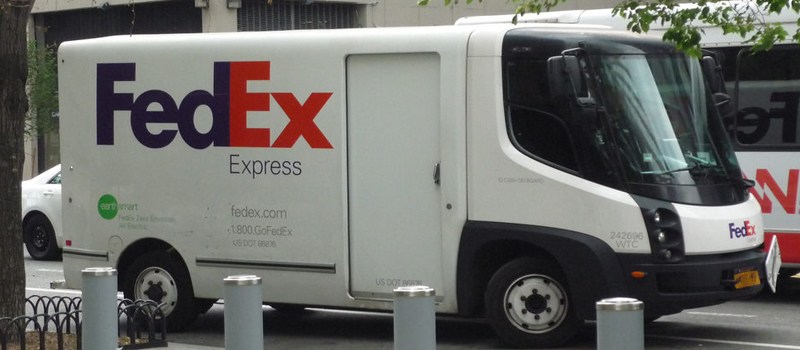
The Office for Low Emission Vehicles (OLEV) has a list of vans and other vehicles which details the grants currently available for vehicles in their fleet, some of which can be as high as 20%.
These new deals are so good that it might even be worth looking at the early termination clauses on any outstanding leases, especially when you consider that many of these hybrid and electric vehicles can benefit from significant reductions in vehicle excise duty.
There are bad omens ahead for our industry, but if we act now it's possible to ward off the worst of them. Higher fuel prices aren't coming, they are already here and they are only set to rise higher. Taking charge of your fleet fuel management is not something you can afford to put off until tomorrow. Whatever route(s) you decide to follow, just be sure to act now.